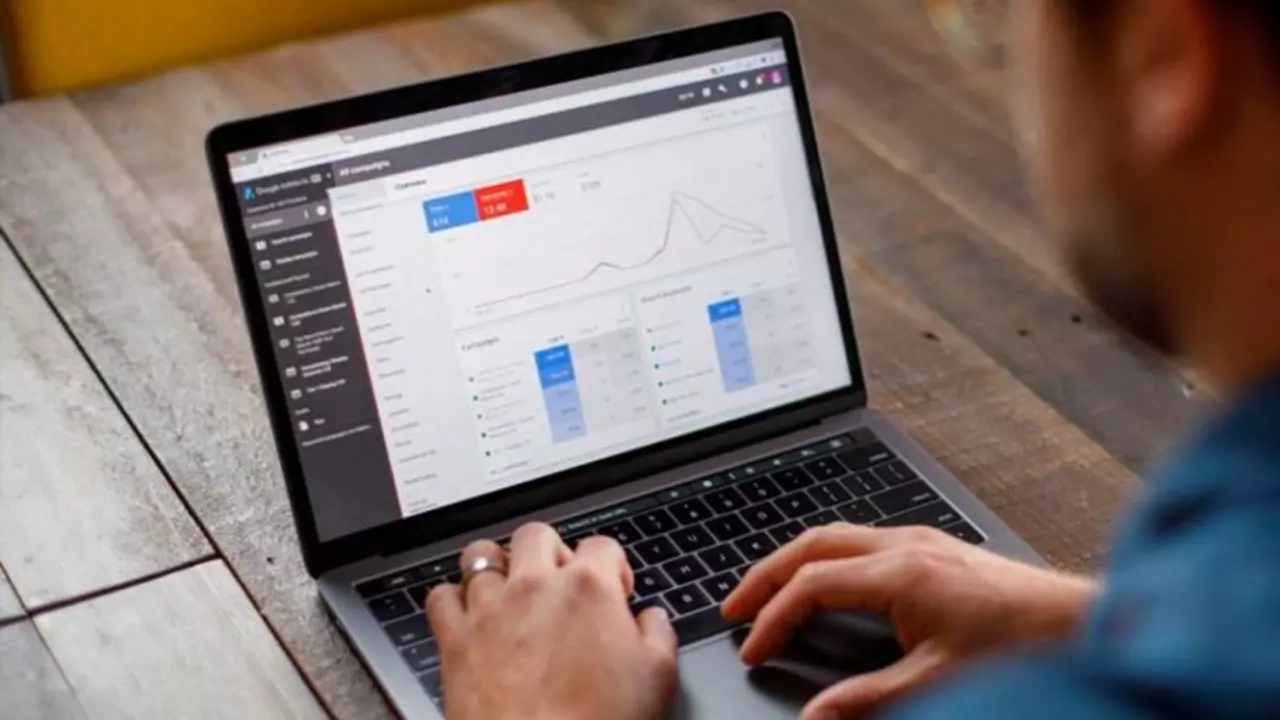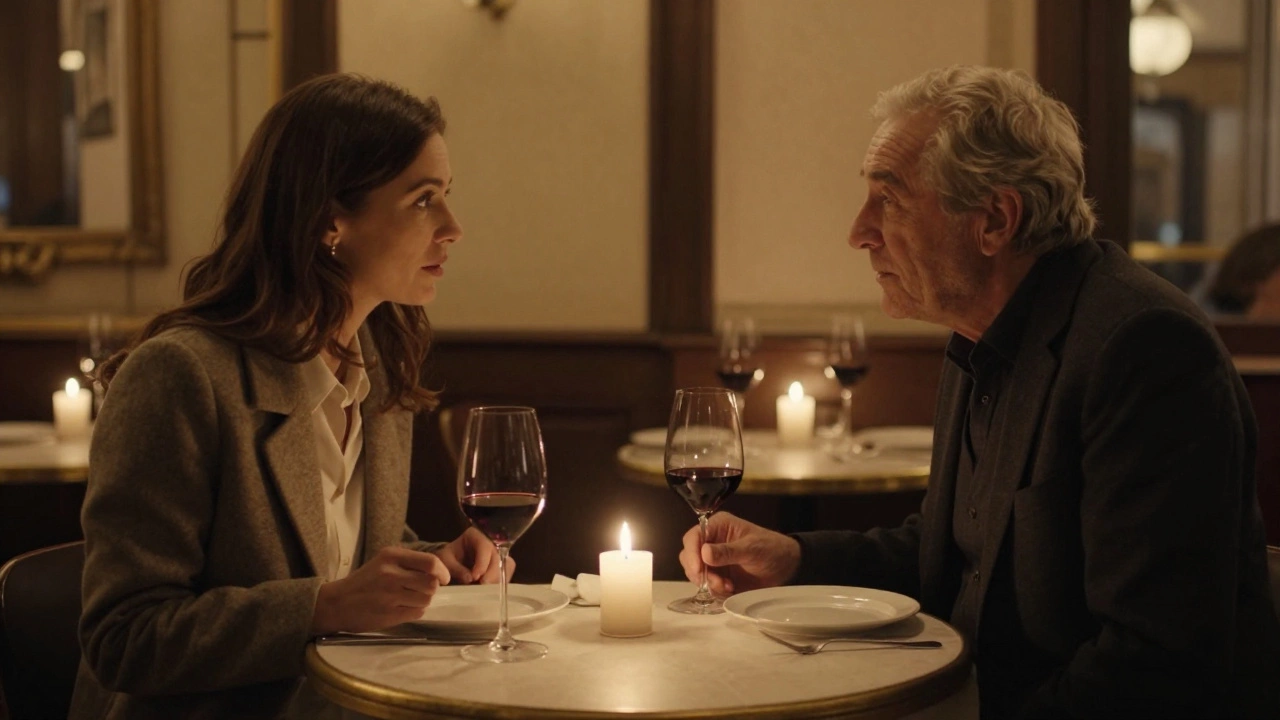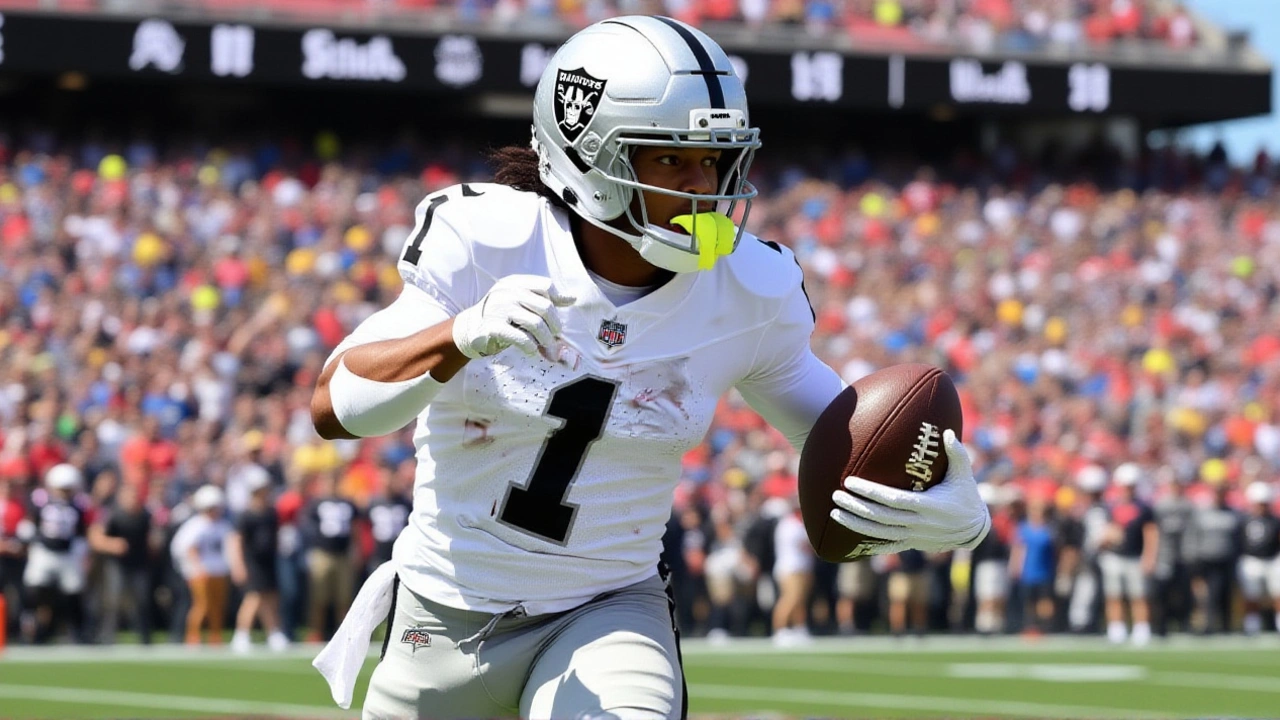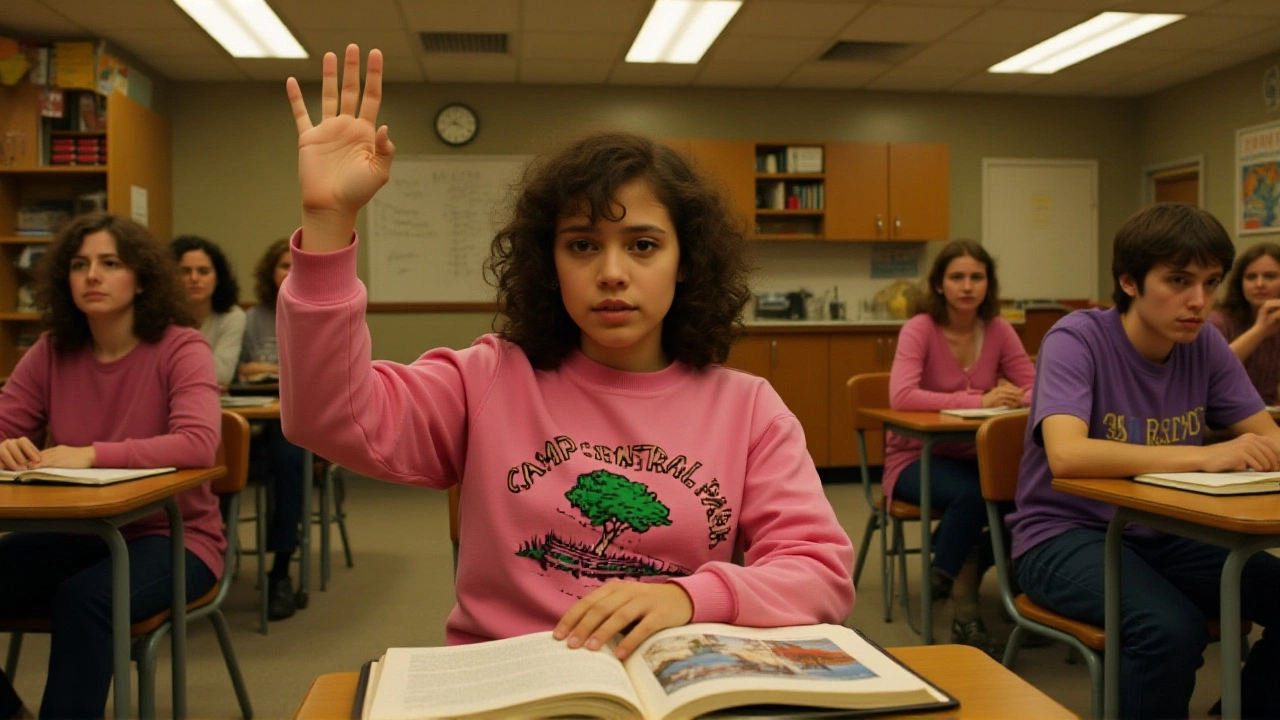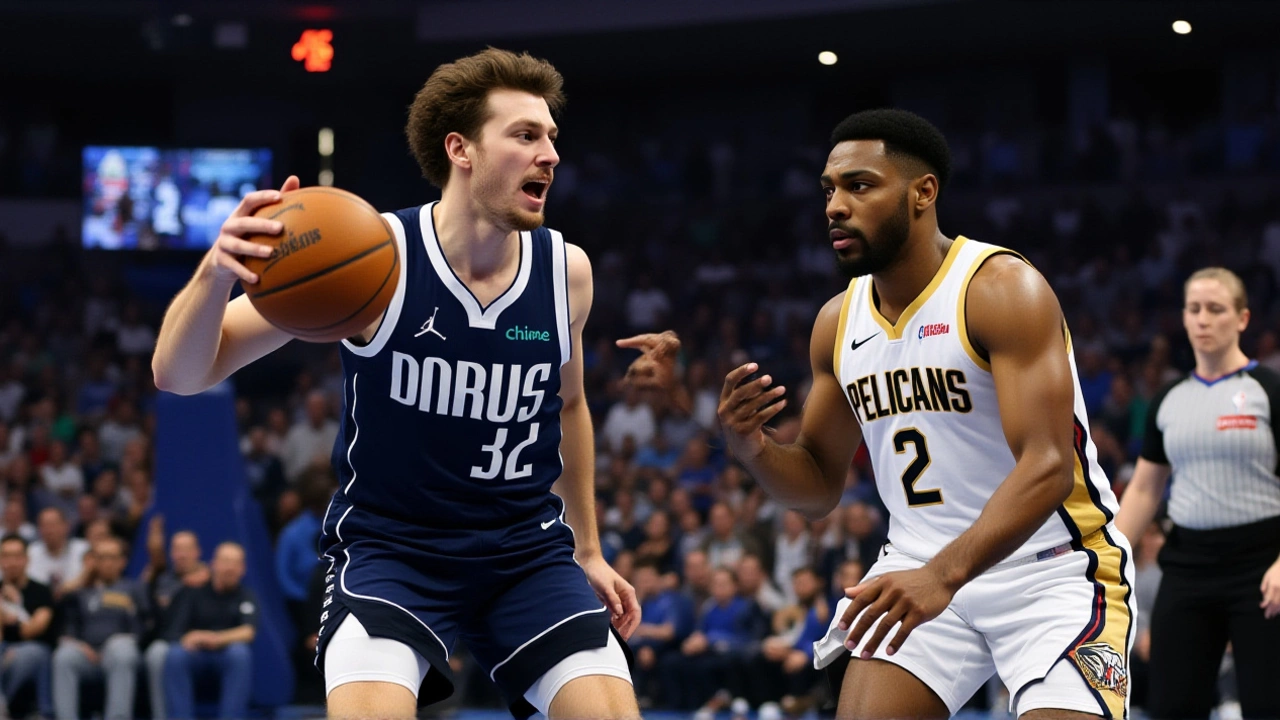
With 30.7 seconds left and the score tied at 115, Naji Marshall stepped into a deep three-pointer, let it fly—and the Dallas Mavericks had their first lead in over eight minutes. The crowd erupted. The New Orleans Pelicans didn’t. That shot, cold and clean, wasn’t just a game-winner—it was a dagger to a team already on the brink. The final: 118-115. Friday night at the American Airlines Center in Dallas wasn’t just another NBA Cup game. It was a turning point—for one team’s hope, and another’s unraveling.
Flagg’s Breakout, Marshall’s Homecoming
Cooper Flagg didn’t just play well. He announced himself. The 19-year-old rookie, picked 12th overall in June, dropped a career-high 29 points on 10-of-18 shooting, adding five rebounds and three assists. He was everywhere—driving, pulling up, even hitting a step-back jumper over Zion Williamson in the third quarter. His energy was contagious. And when he found Marshall late in the fourth, the connection was unmistakable.Marshall, who spent four seasons in New Orleans before signing with Dallas in July 2024, had been quiet most of the night—11 points through three quarters. But with the game on the line, he remembered what it felt like to play here. The crowd chanted his name. He didn’t hesitate. The shot? Pure form. Pure nerve. “I’ve been here,” he said afterward. “I know what this place sounds like. I just wanted to give them something to remember.”
Pelicans’ Shooting Woes, Late Collapse
For all their early fire, the Pelicans couldn’t buy a three-pointer when it mattered most. They shot a dismal 2-of-15 (.118) from beyond the arc. Trey Murphy III, their leading scorer with 25 points, missed all five of his attempts from deep. Jeremiah Fears added 21, but went 0-for-4 from three. Even Zion Williamson, back from an eight-game hamstring injury, couldn’t carry them. He scored 22 points, including five straight to tie the game at 115—but his final shot, a driving layup with 45 seconds left, was the last time New Orleans led.
The real story? The bench. Derik Queen, the 20-year-old rookie center, had a monster night: 20 points, seven rebounds, and a career-high 11 assists. He looked like the future. But with the game on the line, he missed the potential game-tying three with four seconds left. The ball clanged off the front rim. Chaos followed. A scuffle broke out near the baseline after P.J. Washington Jr. secured the rebound. Security rushed in. No ejections. But the message was clear: desperation had taken over.
Why This Loss Hurts More Than Most
Eight straight losses. That’s the new reality for New Orleans. Their record? 2-14 overall. 0-3 in the NBA Cup. 0-4 under interim coach James Borrego. The Pelicans aren’t just losing—they’re unraveling. Their offense, once one of the league’s most explosive, now looks disjointed. They’re averaging just 104.3 points per game over their last five. Their three-point shooting? At 27.8% over the last 10 games, it’s the worst in the NBA.
And the timing? Brutal. The NBA Cup, designed to add stakes to early-season games, has become a graveyard for New Orleans. With this loss, they’re mathematically eliminated from advancing. No more chances. No more excuses. The roster has talent—Williamson, Queen, Murphy, Fears—but chemistry? That’s gone. Borrego, brought in after the firing of Willie Green, now faces mounting pressure. His record? Four losses. Zero wins. No team in NBA history has started 0-4 under a new coach and made the playoffs that season.

Dallas Keeps Hope Alive
For Dallas, this win is a lifeline. At 1-2 in the NBA Cup, they’re still alive—but barely. They need to win their final group game against the Los Angeles Lakers to have any shot at advancing. But more than that, this game gave them identity. Flagg is no longer just a prospect. He’s a force. Marshall is a clutch performer. And Klay Thompson, who played just 18 minutes due to minutes management, still looked sharp. The Mavericks aren’t just surviving—they’re building.
Their defense, particularly in the fourth quarter, held New Orleans to just 17 points after the Pelicans had scored 34 in the first. Daniel Gafford blocked three shots. Max Christie hit two clutch free throws with 10.9 seconds left to seal it. This wasn’t a fluke. It was execution.
What’s Next?
Dallas heads into their final NBA Cup game against the Lakers on Sunday, needing a win to qualify for the knockout round. A loss? They’re out. But they’ve got momentum. Flagg’s confidence is sky-high. Marshall’s leadership is settling in. And with Jaden Hardy and Dereck Lively II getting more minutes, the future looks brighter than it has in years.
New Orleans? They’re back to the grind. No tournament left. Just 66 regular-season games to find their way. Their next game? At home against the Sacramento Kings on Monday. They’ll need more than shots. They’ll need belief. And right now? That’s in short supply.
Frequently Asked Questions
How did Naji Marshall’s performance impact the game beyond the final shot?
Marshall’s familiarity with New Orleans’ defensive schemes—gained from four seasons as a key bench player—allowed him to read rotations and find open space late in the game. His 11-point fourth quarter, including the go-ahead three, wasn’t just about scoring. It was psychological. He knew exactly where to stand, when to move, and how to draw defenders, which opened lanes for Flagg and Christie. His presence disrupted the Pelicans’ late-game defensive focus.
Why is the Pelicans’ three-point shooting so poor, and is it a system or personnel issue?
New Orleans ranks last in the NBA in three-point percentage (27.1%) this season, and their 2-of-15 night against Dallas was extreme even by their standards. The issue isn’t just missing shooters—it’s shot selection. They’re forcing contested threes off isolation plays instead of moving the ball. Coach Borrego’s system hasn’t yet established consistent spacing, and players like Trey Murphy III and Jeremiah Fears, who thrived in motion offense under Willie Green, are now settling for low-percentage looks. It’s a coaching and execution problem, not just talent.
What does Cooper Flagg’s 29-point game mean for the Mavericks’ future?
Flagg’s performance signals a potential shift in Dallas’ offensive identity. At 6’7” with guard skills and elite court vision, he’s the prototype for modern NBA forwards. His ability to score in transition, create his own shot, and space the floor makes him a perfect fit alongside Klay Thompson and Lively. If he maintains this level, he could become the first rookie since Luka Dončić to average 20+ points for Dallas. His emergence reduces pressure on the aging core and gives the team long-term flexibility.
How does Derik Queen’s 11-assist night reflect on the Pelicans’ roster depth?
Queen’s career-high 11 assists as a 7-foot center are unprecedented in the modern NBA. It suggests he’s not just a scorer but a playmaker with exceptional passing instincts. This could be a sign the Pelicans are trying to rebuild around a new offensive model—one centered on big-man facilitation. If they can pair him with a true point guard next season, they might have a unique, high-post offense. But right now, it’s a lone bright spot in a dark season.
Why is James Borrego’s 0-4 record as interim coach so concerning?
Borrego’s record isn’t just bad—it’s historically bad for a team with Zion Williamson’s talent. Since 1980, only three coaches have started 0-4 with a top-5 pick on their roster and not been fired by midseason. The Pelicans’ front office is clearly in crisis mode, and Borrego’s conservative play-calling and lack of defensive adjustments have alienated players. With no playoff path and fan frustration mounting, his tenure may end before the All-Star break.
Is the NBA Cup still meaningful if teams like New Orleans are eliminated so early?
Yes—because it’s exposing the gap between contenders and rebuilding teams. Dallas used the Cup to test young players like Flagg under pressure. New Orleans, despite being eliminated, still had to play high-stakes games that revealed their flaws: poor shooting, no late-game execution, and zero leadership. The Cup isn’t just about advancing—it’s a diagnostic tool. For the Pelicans, it’s a mirror. And what they’re seeing isn’t pretty.
